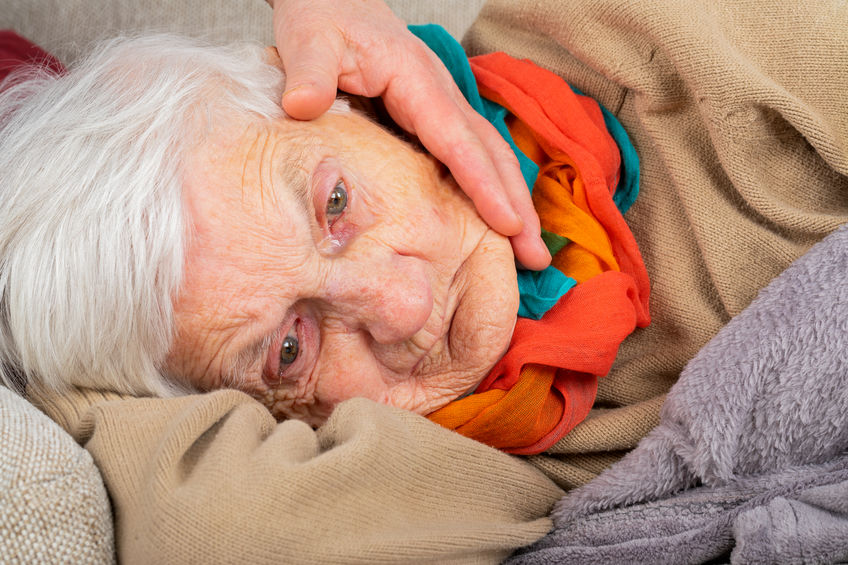If you’re helping care for an elderly person, you may notice an increase in the amount of time they sleep. If you are concerned about changing sleep patterns, try to identify what is happening that may cause increased sleep. As you identify possible reasons, it may be a conversation to have with the senior’s physician.
Boredom and depression are possible reasons an elder is sleeping more. But if the change is more rapid, look for more likely correlations with medication or changing health. Those 65 and above often are on multiple medications; all medications have side effects. If you suspect the increased need to sleep is a side effect of medications, it is advised to talk with the prescribing physician. Possibly the timing of a dose could be changed in order to have more daytime alertness.
Another possibility is a decreased oxygen level stemming from the heart not pumping as strongly or from anemia. Having the oxygen saturation level checked may be advisable to determine if supplemental oxygen is needed. Perhaps sleep apnea is preventing the person from falling into deep sleep.
Daytime sleepiness may also tie to nighttime sleep disruptions. The pain of aching joints may be more bothersome laying in a bed; frequent need to use the restroom in the night can also disrupt normal nocturnal sleep cycles.
When an elderly person’s sleep habits change, it’s a good time to discuss the situation with the doctor. As caregivers, our staff can also give updates to the family if they see changes in sleep cycles or other behavior. At FootPrints, we exist to provide peace of mind to the families we serve across the greater Albuquerque and Santa Fe region. If we can help you or your loved one, please call.



